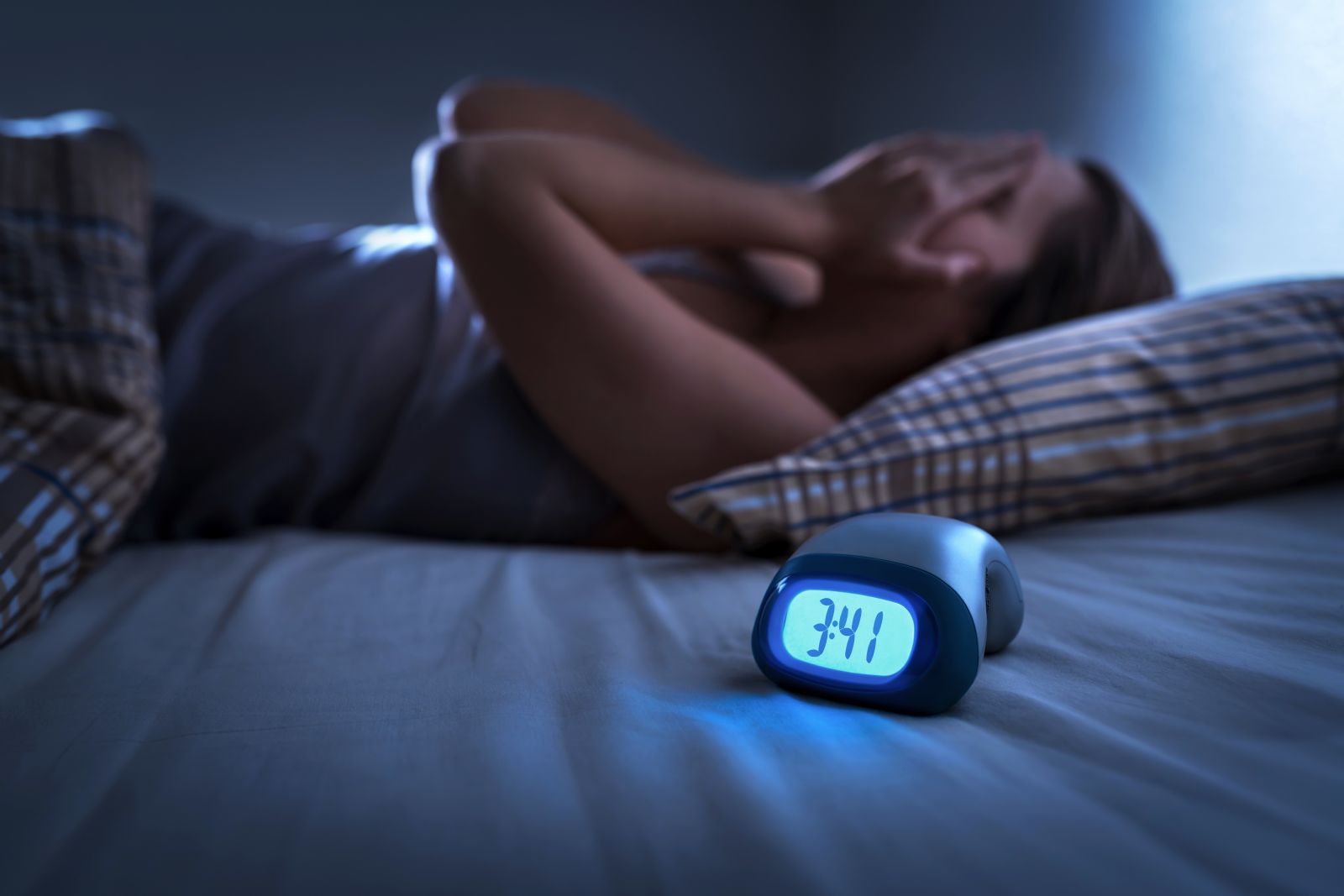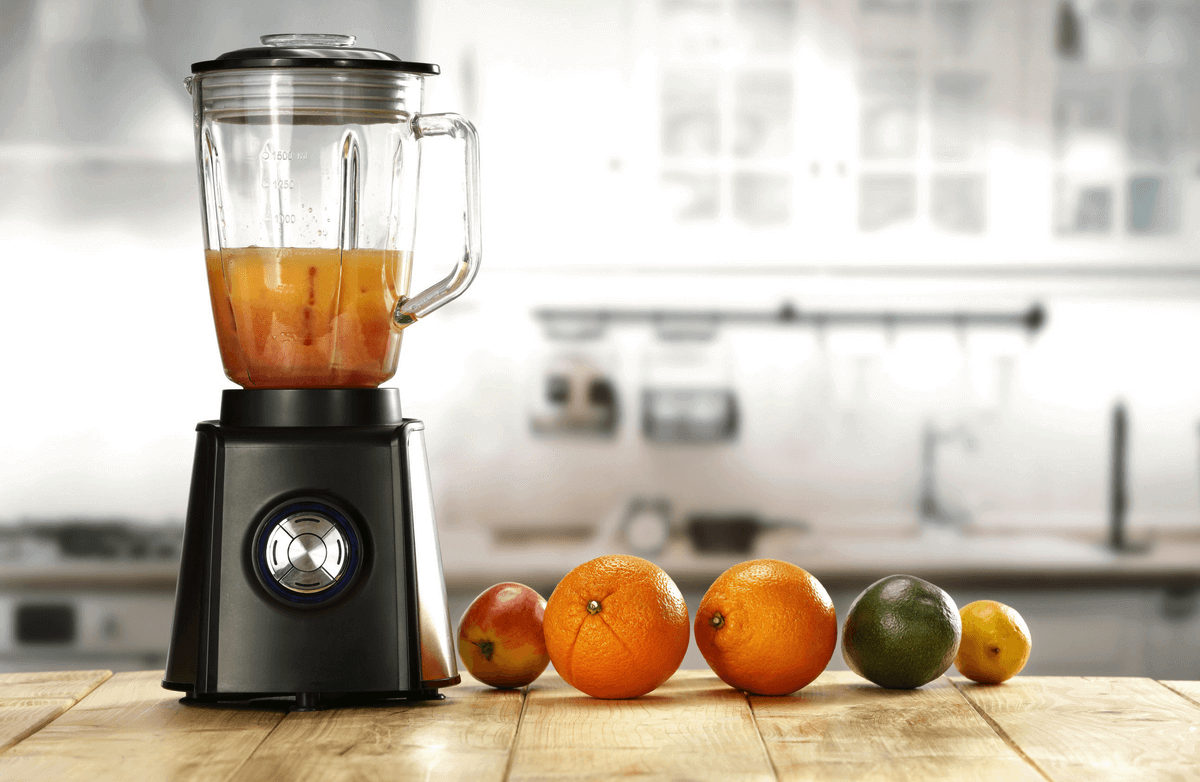|
We’re all familiar with the saying “If it sounds too good to be true, it probably is.” Yet it’s so easy to get sucked in by the big promises many health and fitness products make. “Lose 10 pounds a week!”, “Get ripped abs with this one piece of equipment!”, or “Get the body you want without all the effort!” are some of the more extreme examples, but we spend billions of dollars every year hoping there is just a little bit of truth in their claims. Before you get out your wallet, it’s a good idea to dig into these product claims further. A new survey investigated the research supporting magazine advertisements and websites for a broad range of sports products. The results might surprise you. The analysis, published in the journal BMJ Open, found that of the products studied, not one had claims that could be supported by sound, scientific research. For example, “one manufacturer of protein drinks and pills, the researchers found, supported advertising claims with a comparative study of the effect of different diets on rat metabolism published in 1930. According to Dr. Thompson (senior author of the study), Coca-Cola, which manufactures Powerade, delivered 10 studies. One was paid for with an unrestricted grant from Coca-Cola, and another written by the director of the Gatorade Sports Science Institute.” This isn’t to say that the research is invalid, but there’s no way to know whether or not the source of the funding could have an impact on the results. Ideally, a study will be funded by a source that does not have a vested interest in the results. “The researchers examined 615 sports advertisements in magazines. Of these, 54 contained claims that the product enhanced performance, but only three offered references. The 53 Web sites they examined contained 141 references.” This means that some products cited no references to substantiate their claims, but others did. For those that did cite references, is it safe to assume their claims are valid? Not necessarily. The analysis further investigated the reference citations to see how the research was conducted, whether or not bias could be involved, etc. 84% were judged to be at a high risk of bias, whether because of how they were funded or how they were conducted. Only three were judged to be high quality and at a low risk of bias (and these three did not test a specific product as an intervention.) These results don’t mean that every product claim is false or that all research used to substantiate product claims is unreliable. But it does emphasize the need to do your homework and be careful when deciding how to spend your money and your time. Check out 10 Signs a Fitness Gadget is a Gimmick, 12 Ways to Spot a Fad Diet, and How to Get Ripped Off- Guaranteed for more tips on how to become a more informed consumer. What do you think? How do you avoid getting easily sucked in by products that promise big results? |
More From SparkPeople
|















